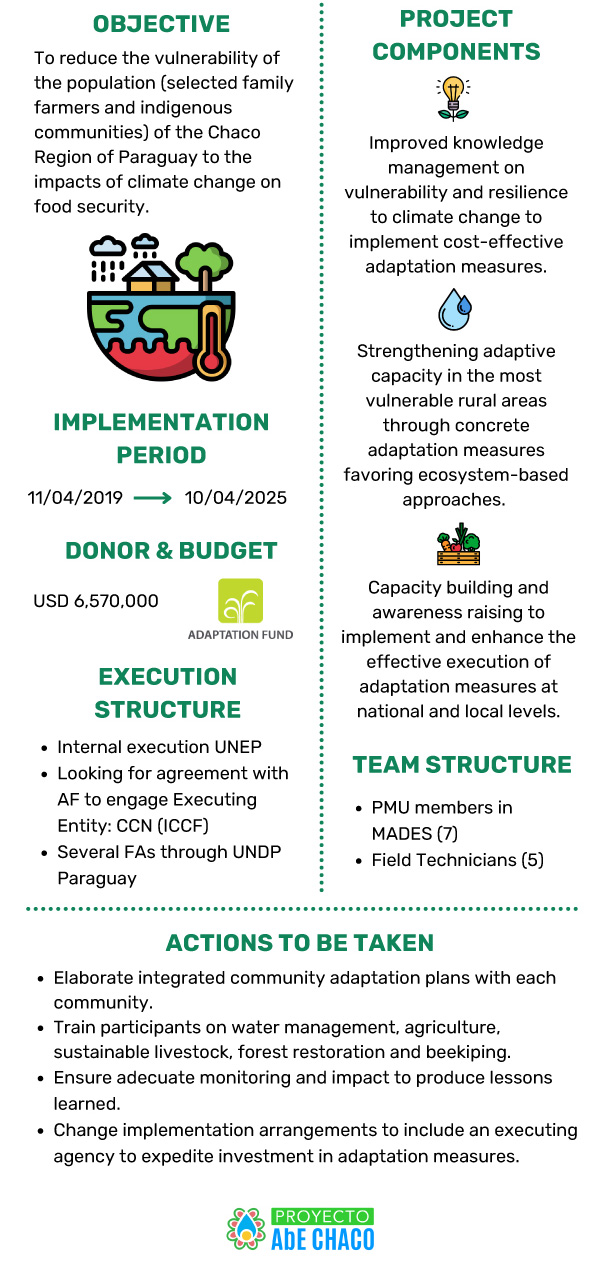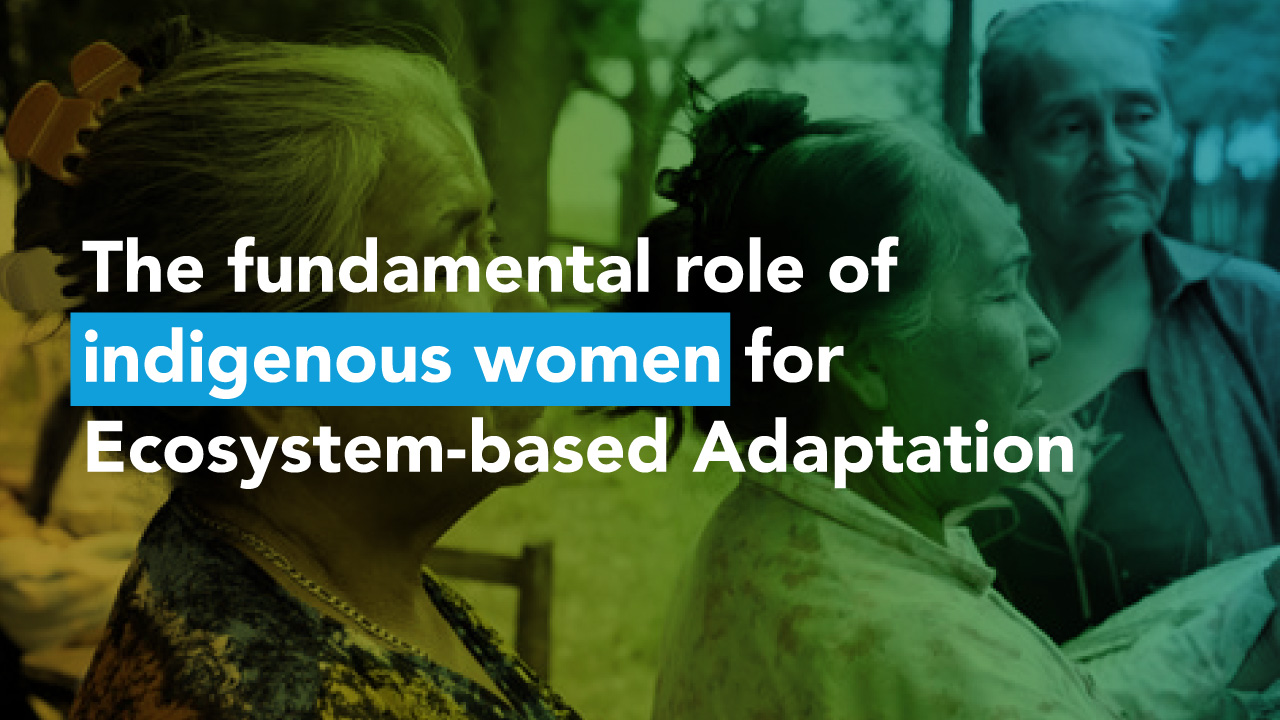Key figures
- Budget: USD 7,128,450 million
- Executing Entity: Ministry of Environment and Sustainable Development of Paraguay (MADES) and UNEP
- Beneficiaries: approximately 7,000 people
- Fund: Adaptation Fund
- Project Sites: Boquerón & Alto Paraguay
- Timeframe: 2019-2025
Description
The Gran Chaco, an arid region spanning Argentina, Paraguay and Bolivia, is home to more than 7 million people, including 8% indigenous communities. Their livelihoods depend largely on agriculture, livestock, beekeeping, and handicrafts. However, climate change and deforestation threaten these livelihoods. Prolonged and frequent droughts, coupled with the unpredictability of the rainy season, cause flooding that destroys the landscape and isolates communities for months at a time.
The project focuses on reducing the vulnerability of local communities to climate change, especially in terms of water availability and food security in the Paraguayan Chaco. To achieve this, measures are implemented to improve information and knowledge on climate resilience, apply cost-effective adaptation solutions (including ecosystem-based adaptation), and strengthen institutional capacities for adaptation action.
The benefits of the project are diverse. At the environmental level, it is expected to preserve ecosystems, mitigate climate change, protect biodiversity, and improve water quality. At the social level, it seeks to increase the resilience of rural and indigenous communities to climate change, provide access to water and food, strengthen livelihoods, and promote cultural and gender diversity. From an economic perspective, it is expected to increase agricultural and livestock productivity, diversify crops, generate cash income for communities, promote profitable agroecological practices and strengthen economic incentives for adaptation.
News
EbA Chaco
Ecosystem based Approaches for reducing the vulnerability of Food Security in the Chaco Region of Paraguay
